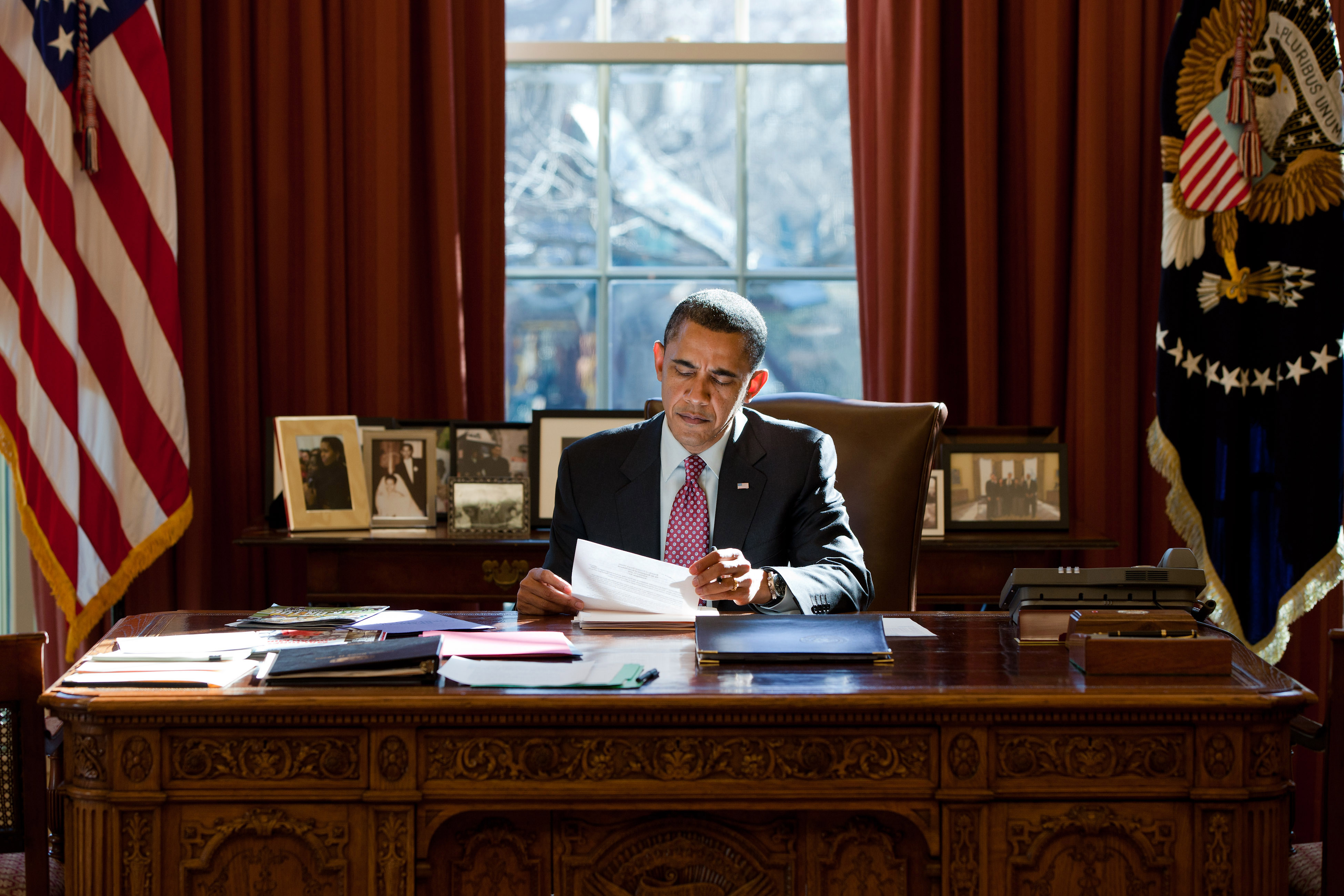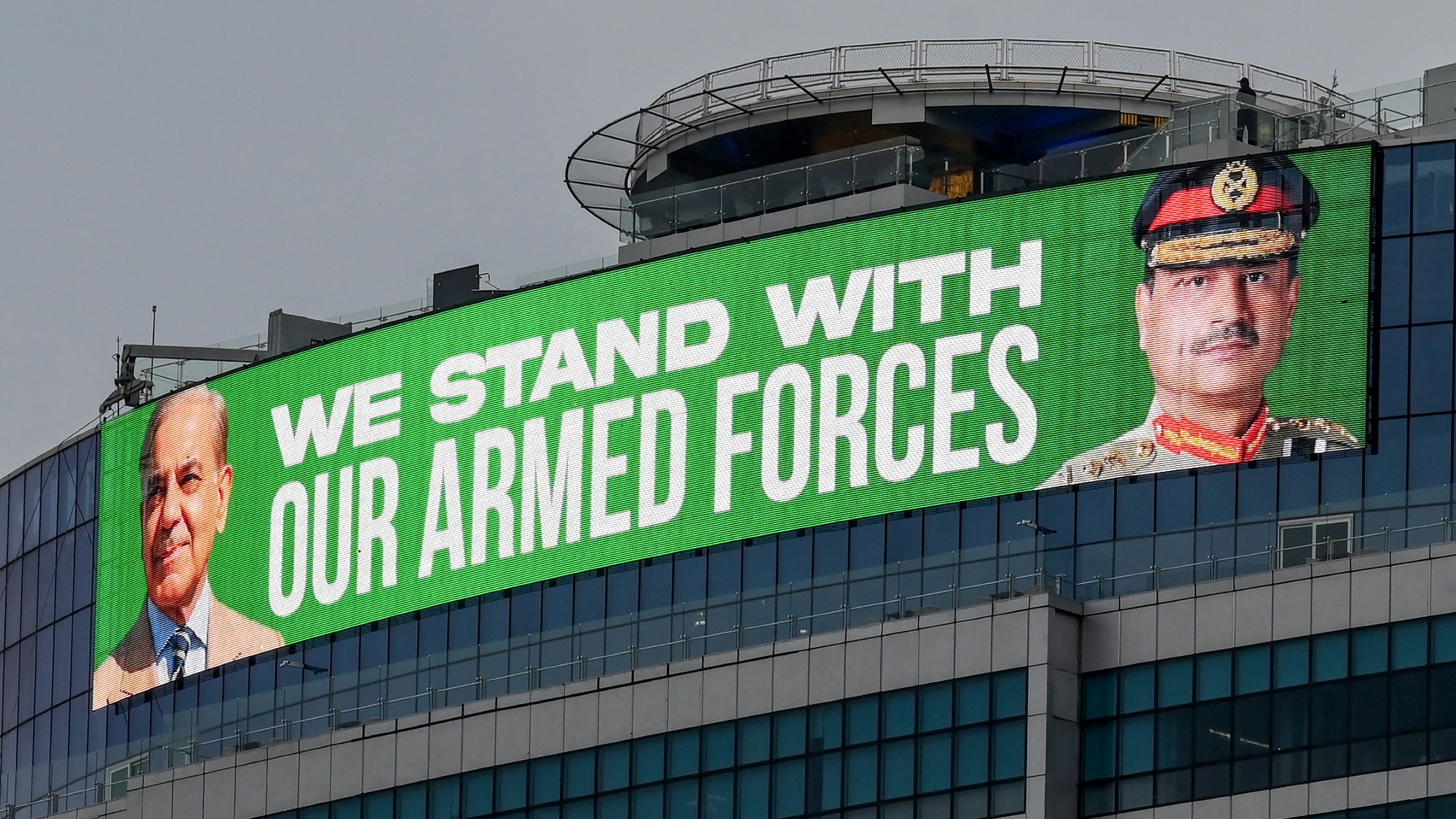The problem with Barack Obama playing the professor in chief
It is not the president's job to be a fair and balanced historian


President Obama's remarks last week at the National Prayer Breakfast were nothing new — and neither was the controversy they sparked.
From the time he first burst onto the national political stage, with his prime-time keynote address at the 2004 Democratic National Convention, Obama has sought to situate himself above the fray. The candidate for the U.S. Senate from Illinois declared that the idea of separate "red" and "blue" regions of the country was a fiction. "There's not a liberal America and a conservative America," Obama famously proclaimed to an arena packed with partisan Democrats united in burning hatred for President George W. Bush. "There's the United States of America."
Throughout the 2008 presidential campaign, Obama built on this message, portraying himself as a non-partisan "agent of change" who would rise above such petty conflicts as the culture war and push "beyond the bitterness and anger that's consumed Washington" to build a "coalition for change that stretches through red states and blue states."
The Week
Escape your echo chamber. Get the facts behind the news, plus analysis from multiple perspectives.

Sign up for The Week's Free Newsletters
From our morning news briefing to a weekly Good News Newsletter, get the best of The Week delivered directly to your inbox.
From our morning news briefing to a weekly Good News Newsletter, get the best of The Week delivered directly to your inbox.
As any number of critics have pointed out over the years, Obama's tendency toward "beyondism" is both a strength and weakness. During his first run for the White House, it helped to create an idealistic aura around the campaign — as if a world-historical Great Statesman was poised to swoop in and fix all of our problems. But once he reached the White House, Obama's tendency to stake out a lofty rhetorical position began to look like a cynical ploy to conceal a partisan agenda. And sometimes, as when Obama spent much of 2011 trying in vain to reach a bipartisan budget compromise with a Republican House majority that had no interest in overcoming partisanship, it has seemed to lull him into a state of political fecklessness.
If presidential beyondism is a mixed bag in domestic politics, it's downright risible when it comes to foreign policy. The man who repeatedly apologized for American militarism in the early days of his presidency has also authorized a dramatic increase in the use of drone strikes, not to mention a troop surge in Afghanistan, a bombing campaign in Libya, and a war against ISIS in Syria and Iraq. And then there were his remarks at the Prayer Breakfast last week about the moral continuities among ISIS, the Crusades, the Inquisition, and white supremacist terror in the American South.
The problem with the president's comments isn't that they were wrong. As Ta-Nehisi Coates and others have powerfully argued, they were indisputably correct.
The problem is that Barack Obama is the president of the United States and not its professor in chief. It isn't the president's role to stand apart from and above the nation he leads, issuing supposedly even-handed, dispassionate, scholarly, objective, or prophetic moral judgments about the sins of America and Western civilization. This is especially true when those judgments are rendered in the context of a comparison with the butchers of ISIS — a bloodthirsty Islamist syndicate the president has accurately described as a "network of death" and pledged to destroy by force of arms.
A free daily email with the biggest news stories of the day – and the best features from TheWeek.com
What Obama's comments demonstrate is that he lacks a sufficient appreciation of the crucial difference between politics and morality.
Broadly speaking, morality is universalistic in scope and implication, whereas politics is about how a particular group of people governs itself. Morality is cosmopolitan; politics is tribal. Morality applies to all people equally. Politics operates according to a narrower logic — a logic of laws, customs, habits, and mores that bind together one community at a specific time and place. Morality dissolves boundaries. Politics is about how this group of people lives here, as distinct from those groups over there.
Now this certainly overstates the difference between the two realms. In the real world, they overlap in all kinds of ways — and it is one of the great achievements of liberal government to have tamed some of the narrow-minded excesses of politics by more strictly applying moral criteria to the political realm than was common for much of human history before the modern period.
Yet the difference is real, and politicians who fail to heed it run the risk of making fools of themselves. The first (and maybe the only) duty of governing officials — and especially of its highest governing official — is to protect and defend the common good of this particular political community. It is most emphatically not to lead a national tutorial that aims to spread a morally nuanced, objective, fair-and-balanced understanding of history.
If the president truly believes that ISIS poses a dire threat to the United States — one requiring a military response that puts the lives of American soldiers at risk, costs billions of dollars, and leads to the death of hundreds or thousands of people on the other side of the conflict — then it makes no sense at all for him simultaneously to encourage Americans to adopt a stance of moral ambiguity toward that threat.
Does Obama want us to kill the bloodthirsty psychopaths of ISIS? Or does he want us to reflect dispassionately on the myriad ways that they're really not that different from the grandfather of my friend from Mississippi?
I'll say it again: as an intellectual exercise, Obama's remarks weren't wrong. Christianity has been invoked to justify a wide range of moral atrocities down through the millennia, and the Crusades, Inquisition, and Jim Crow are all excellent examples. I would welcome and praise an essay by Ta-Nehisi Coates making that exact point.
But Ta-Nehisi Coates isn't the president of the United States, and Barack Obama isn't a writer for The Atlantic.
A wise president understands that his role is categorically different from that of a journalist, a scholar, a moralist, or a theologian. It's not a president's job to gaze down dispassionately on the nation, rendering moral judgments from the Beyond. His job is to defend our side. Yes, with intelligence and humility. But the time for intelligence and humility is in crafting our policies, not in talking about them after the fact. When the president speaks as he did at the Prayer Breakfast, he sounds like a man who believes that executing his own sometimes ruthless policies is too narrow-minded, too partial — a word, too political — for a man as worldly and cosmopolitan as he.
Worldliness and cosmopolitanism are admirable qualities. But maybe not for a politician. And certainly not for a commander in chief.
Damon Linker is a senior correspondent at TheWeek.com. He is also a former contributing editor at The New Republic and the author of The Theocons and The Religious Test.
-
 Pakistan: Trump’s ‘favourite field marshal’ takes charge
Pakistan: Trump’s ‘favourite field marshal’ takes chargeIn the Spotlight Asim Munir’s control over all three branches of Pakistan’s military gives him ‘sweeping powers’ – and almost unlimited freedom to use them
-
 Codeword: December 6, 2025
Codeword: December 6, 2025The daily codeword puzzle from The Week
-
 Sudoku hard: December 6, 2025
Sudoku hard: December 6, 2025The daily hard sudoku puzzle from The Week
-
 Has Zohran Mamdani shown the Democrats how to win again?
Has Zohran Mamdani shown the Democrats how to win again?Today’s Big Question New York City mayoral election touted as victory for left-wing populists but moderate centrist wins elsewhere present more complex path for Democratic Party
-
 Millions turn out for anti-Trump ‘No Kings’ rallies
Millions turn out for anti-Trump ‘No Kings’ ralliesSpeed Read An estimated 7 million people participated, 2 million more than at the first ‘No Kings’ protest in June
-
 Ghislaine Maxwell: angling for a Trump pardon
Ghislaine Maxwell: angling for a Trump pardonTalking Point Convicted sex trafficker's testimony could shed new light on president's links to Jeffrey Epstein
-
 The last words and final moments of 40 presidents
The last words and final moments of 40 presidentsThe Explainer Some are eloquent quotes worthy of the holders of the highest office in the nation, and others... aren't
-
 The JFK files: the truth at last?
The JFK files: the truth at last?In The Spotlight More than 64,000 previously classified documents relating the 1963 assassination of John F. Kennedy have been released by the Trump administration
-
 'Seriously, not literally': how should the world take Donald Trump?
'Seriously, not literally': how should the world take Donald Trump?Today's big question White House rhetoric and reality look likely to become increasingly blurred
-
 Will Trump's 'madman' strategy pay off?
Will Trump's 'madman' strategy pay off?Today's Big Question Incoming US president likes to seem unpredictable but, this time round, world leaders could be wise to his playbook
-
 Democrats vs. Republicans: who are US billionaires backing?
Democrats vs. Republicans: who are US billionaires backing?The Explainer Younger tech titans join 'boys' club throwing money and support' behind President Trump, while older plutocrats quietly rebuke new administration
